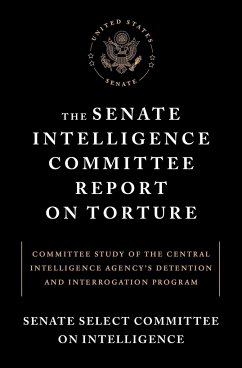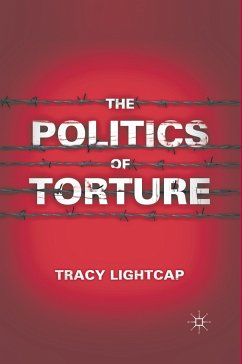
Why Not Torture Terrorists?
Moral, Practical and Legal Aspects of the "Ticking Bomb" Justification for Torture

PAYBACK Punkte
60 °P sammeln!
The book addresses a dilemma at the heart of the 'War on Terror': is it ever justifiable to torture terrorists in order to save the lives of innocent civilians; the so-called 'ticking bomb' scenario? The book first analyzes the ticking bomb dilemma as a pure moral one, facing the individual would-be torturer. A 'never-say-never' utilitarian position is pitted against a 'minimal absolutist' view that some acts are never justifiable, and that torture is one such act. It then looks at the issues that arise once a state has decided to sanction torture in extreme situations: when, how, and whom to ...
The book addresses a dilemma at the heart of the 'War on Terror': is it ever justifiable to torture terrorists in order to save the lives of innocent civilians; the so-called 'ticking bomb' scenario? The book first analyzes the ticking bomb dilemma as a pure moral one, facing the individual would-be torturer. A 'never-say-never' utilitarian position is pitted against a 'minimal absolutist' view that some acts are never justifiable, and that torture is one such act. It then looks at the issues that arise once a state has decided to sanction torture in extreme situations: when, how, and whom to torture; the institutionalization of torture; its effects on society; and its efficacy in combatting terrorism in the shorter and longer runs. Four models of legalized torture are next examined-including current ones in Israel and the USA and the idea of torture warrants. Finally, related legal issues are analyzed; among them the lawfulness of coercive interrogation under international law and attempts to allow torture 'only' after the fact, for instance by applying the criminal law defence of necessity. A 'minimal absolutist' view - under which torture, whether by private individuals or by state officials, must be prohibited absolutely in law, policy and practice, and allowing no exceptions for ticking bomb situations - is defended throughout.














